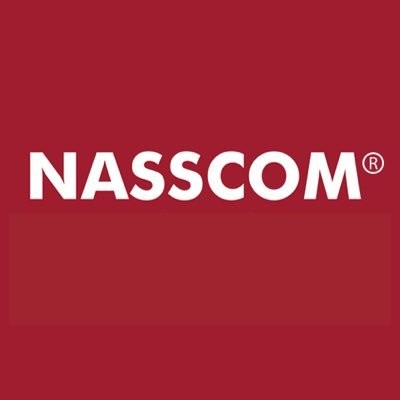New Delhi, NFAPost: Building on its commitment towards a sustainable and inclusive future, National Association of Software and Services Companies (Nasscom) at the Smart City event shed light on the top industry priorities in implementing the right tech architectural framework in creating a sustainable model under the aegis of the Smart Cities Mission in the country.
The virtual event brought together eminent sector experts and leaders to deliberate on the top priorities for urban tech in the year ahead and streamlining ICT procurement for Indian cities.
With a focus on sustainable and inclusive development and the idea to look at compact areas to create a replicable model which will act as a lighthouse to other aspiring cities, the Smart Cities Mission is meant to set examples that can be replicated both within and outside the Smart City, catalyzing the creation of similar projects in various regions and parts of the country.
Commenting on the occasion, Nasscom President Debjani Ghosh said with rapid urbanization India today presents an excellent opportunity for itself to leapfrog stages of development, and at the same time, address the country’s chronic urban challenges.
“NASSCOM over the past several years has been working with the Smart Cities Mission under the aegis of Ministry of Housing & Urban Affairs (MoHUA) on strengthening adoption, procurement & standardization of ICT infrastructure for Indian Smart cities,” said Debjani Ghosh.
Stalwarts from the Indian technology industry, C-level executives, and senior government officials such as Debjani Ghosh President, Nasscom; C.P. Gurnani- MD & CEO, Tech Mahindra; Kunal Kumar-IAS, Mission Director, Smart Cities, Government of India; Arvind Thakur Former Vice Chairman & MD, NIIT Technologies; Parminder Singh Head Government Affairs & Public Policy, Wipro; Dr. Garima Mittal CEO Faridabad Smart City; Chaitanya Bhatt CEO Surat Smart City; Rahul Kapoor Director, Smart Cities Mission, were part of the event.
The discussions focused on possible solutions, priorities, and steps that can be adopted to spur innovation and growth to address some of the pressing challenges of availability of skilled resources, procurement, data & standardization, capacity building, collaboration & cybersecurity.
The sessions also focused on ensuring a level playing field by adoption of the Integrated Command and Control Centre (ICCC) Model RFP and instituionalising Procurement Reforms to promote wider participation for all ICT Smart City opportunities.





